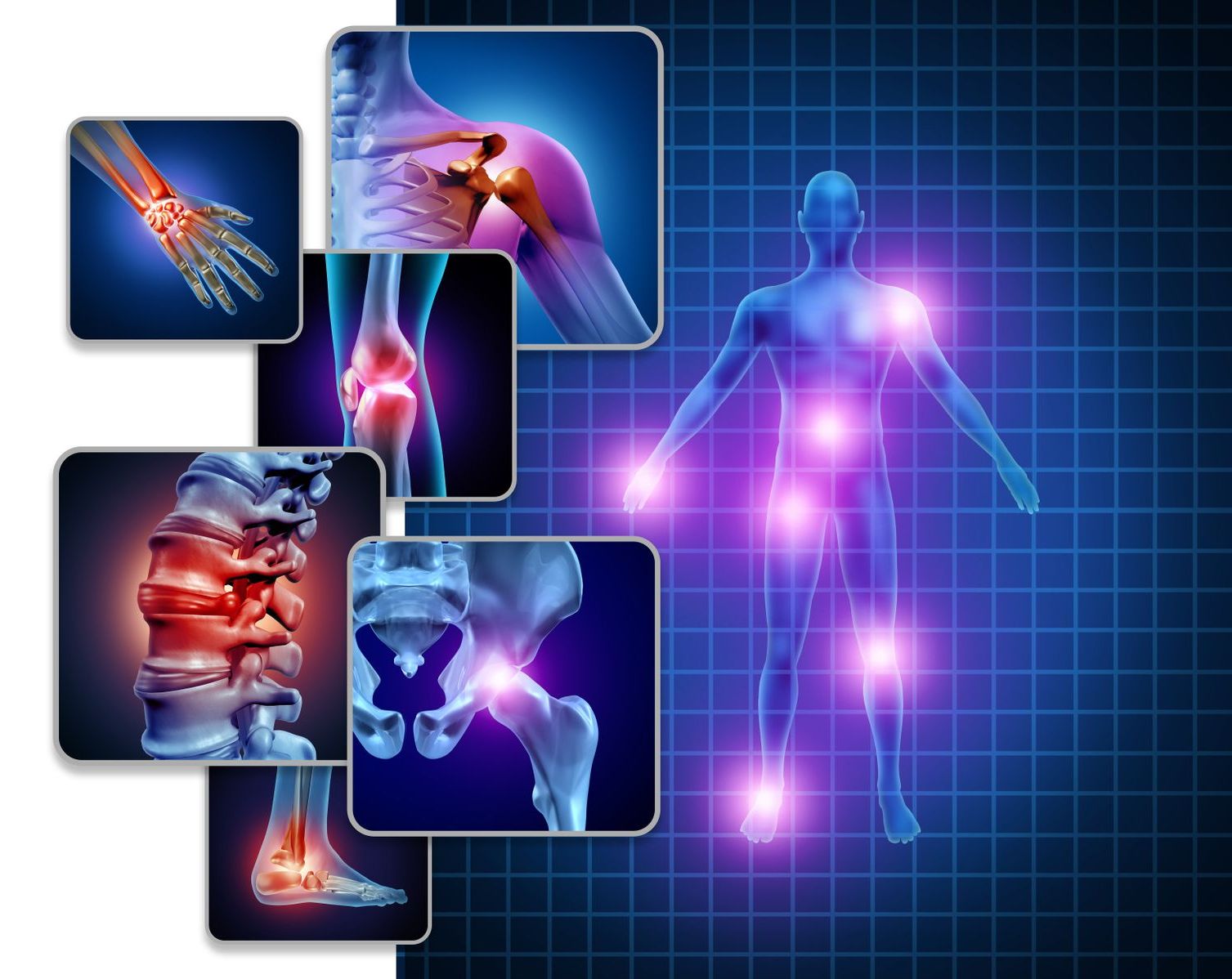- HOME
- ABOUT US
- WHAT IS AiARTHRITIS
- Diseases
- Rheumatoid Arthritis (RA)
- Psoriatic Arthritis (PsA)
- Systemic Lupus Erythematosus (SLE)
- Sjögren's Disease (SD)
- Axial Spondyloarthritis (AxSpA)
- Crohn's Disease
- Sarcoidosis
- Relapsing Polychondritis (RP)
- Systemic Sclerosis/Scleroderma (SSc)
- Behcet's Disease (BD)
- Palindromic Rheumatism (PR)
- VEXAS
- Antisynthetase Syndrome (ASS)
- Mixed Connective Tissue Disease
- JIA
- Familial Mediterranean Fever (FMF)
- HIDS (hyper-IgD syndrome, a mevalonate kinase deficiency)
- Cryopyrin-Associated Periodic Syndromes (CAPS) - Familial Cold Autoinflammatory Syndrome, Muckle-Wells Syndrome
- Schnitzler Syndrome
- Chronic Nonbacterial Osteomyelitis (CNO)/Chronic Recurrent Multifocal Osteomyelitis (CRMO)
- Still's Disease
- All Diseases
- Diseases
- OUR WORK
- RESOURCES & TOOLS
- GET INVOLVED
- CONTACT US
Hyper-IgD Syndrome (HIDS)




How to pronounce it:
Hyper-Immunoglobin D Syndrome - hy-per im-you-no-glawbin
AiArthritis defines Hyper-IgD Syndrome as:
Hyper IgD syndrome (HIDS) is a rare autoinflammatory disease and can also be known as mevalonate kinase deficiency (MKD). It is caused by a mutation in the mevalonate kinase gene causing a deficiency in the enzyme and resulting in an inflammatory response.
The symptoms of HIDS can begin in early childhood and are episodic meaning that the symptoms are not constant, but may occur from time-to -time and there may be little to no symptoms in between episodes. Genetic counseling may be suggested for affected individuals and their families. The name "Hyper IgD syndrome" comes from historical observations, even though elevated immunoglobulin D levels are not always seen in everyone with this condition.
Symptoms
Symptoms of AiArthritis Diseases Regardless of Diagnosis



Common in All AiArthritis Diseases
- Periods of worsening symptoms are called flares. A flare can last for hours, days, weeks, or months.
- Condition improves with activity and exercise and worsens with rest.
- When inflammation is left uncontrolled due to lack of proper treatment, comorbidities can develop. 70% of patients with chronic, lifelong disease will develop comorbidities, including dual or triple diagnoses.
“Auto” Symptoms
- Severe fatigue or exhaustion that may not be helped by caffeine/stimulants and can happen even after a long period of rest.
- “Brain fog” - or periods of time where thinking gets clouded and it becomes difficult to concentrate.
- Flu-like symptoms, without having the flu- nausea, muscle weakness, and general malaise.
- Fever, typically low grade in autoimmune and higher grade in autoinflammatory (% strongly varies per disease).
Reference: Early Symptoms of AiArthritis Study, AiArthritis, 2019.
Inflammatory Arthritis Symptoms
- Severe stiffness in one or more joints, especially in the morning or after sitting for long periods of time.
- Episodes of joint pain that may last for hours, days, or even weeks, that can appear and disappear suddenly. Often described as “jumping pain” into different locations.
Typically the joint pain will coincide with one or more “Auto” symptoms and start and stop suddenly - for no apparent reason (which is called a "flare"). Some people will experience all of the above symptoms, others only a few. If you have any of the arthritis features, and at least one of the “Auto” features, please consult your physician about a referral to a rheumatologist.
Symptoms Often Associated with HIDS:
- Rash
- Abdominal pain
- Swollen lymph nodes
- Mouth sores
- Nausea
- Diarrhea
- Vomiting
- Headache
- Enlarged liver and spleen
- Cough/inflammation of back of throat
- Seizures
- Conjunctivitis & uveitis
- Colitis
- Cutaneous vasculitis

What fellow patients want you to know
Do you have HIDS? Let us know what YOU would want those others or those who are not yet diagnosed to know!
More About Hyper-IgD Syndrome
Diagnosing HIDS

There’s no single definitive test that can confirm a HIDS diagnosis, so rheumatologists look at a combination of physical exams along with a family history of autoimmune or autoinflammatory disease, to determine symptoms. For HIDS, genetic testing is a key component of HIDS diagnosis. A blood sample is taken to analyze the patient's DNA and specifically look for mutations in the mevalonate kinase gene (MVK). The presence of mutations in MVK supports the diagnosis of HIDS. Taking blood tests during fever episodes to evaluate inflammation markers like CRP and ESR can also assist with diagnosis.
Interesting Facts about this Disease

- Only about 200 cases of HIDS have been reported worldwide
- Europeans are most commonly affected (specifically Dutch and French)
Other Resources
In an effort to ensure this page has the most accurate and up-to-date information, this page is currently awaiting medical review. Some information is subject to change.
Page Last Updated: 9/1/2023
Sign up for our newsletters
International Foundation for AiArthritis
6605 Nottingham Ave.
St. Louis, MO 63109-2661
Toll Free: 1-877-609-4226
Text: 1-314-282-7214
Copyright 2024. All rights reserved. Information on this site is intended for informational purposes only Our foundation does not engage in the practice of medicine. Please consult a physician to obtain personal healthcare and treatment options. 501(c) 3 Nonprofit Tax ID: 27-1214308.


